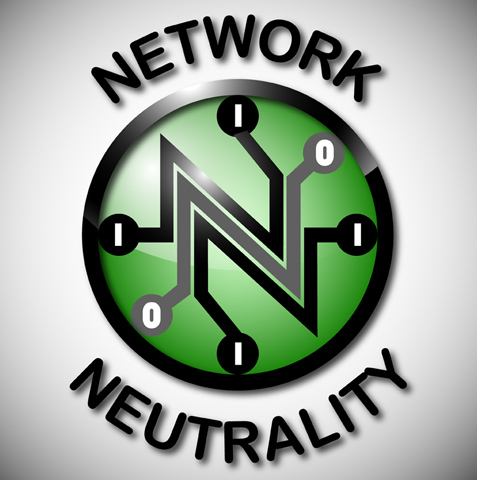 On Dec. 14, the U.S. Federal Communications Commission (FCC) will vote to restore Internet freedom. This is seen as an attempt to alter what is referred to as Net Neutrality. According to Wikipedia:
On Dec. 14, the U.S. Federal Communications Commission (FCC) will vote to restore Internet freedom. This is seen as an attempt to alter what is referred to as Net Neutrality. According to Wikipedia:
Net neutrality is the principle that Internet service providers must treat all data on the Internet the same, and not discriminate or charge differently by user, content, website, platform, application, type of attached equipment, or method of communication. For instance, under these principles, internet service providers are unable to intentionally block, slow down or charge money for specific websites and online content.When we talk about eliminating net neutrality, we talk about some web sites or services (e.g., streaming movies) being treated differently than other sites. This means that my web site might be given a lower priority and a person might find that it loads more slowly than another site which has been given a higher priority. However, it is hard for any of us to imagine what this might actually mean, which brings me to two analogies (which are likely not original).
There is one place where some of us have experience being in the fast lane and that is on a highway. Around major cities or on heavily traveled interstates, there are high occupancy vehicle (HOV) lanes. In some place, like near Washington DC, the driver pays to be in those lanes which are moving much faster. As a person in the slow lane, I am being negatively affected by the traffic around me. In addition, the highway system is not compelled to do anything that might speed-up my trip. And while I can see the HOV lanes, I cannot get into them because I have not complied with the requirements for using those lanes. If you understand that, then you can understand what will happen if net neutrality is eliminated.
If you have not experienced HOV lanes, it is likely you may have experienced the Fast Pass at Disney World, or heard friends talk about them. The Fast Pass allows you to skip ahead in the line at the rides of your choosing. If net neutrality is eliminated, some Internet sites will have Fast Passes, while the rest of us will be stuck in line.
Now...I have heard good arguments for allowing some services to have faster access or more priority. For example, should we give emergency services faster or higher access to the Internet? And if we did that, would that lead to? Could that lead to giving faster access to the military or government? For me, that would be a slippery slope and something we (Internet users) should think seriously about. However, that discussion should happen after we have moved beyond this current net neutrality vote (and hopefully with net neutrality intact).
If you want to contact the FCC on this issue, you can do so through the FCC web site and through other sites like Battle for the Net.
No comments:
Post a Comment